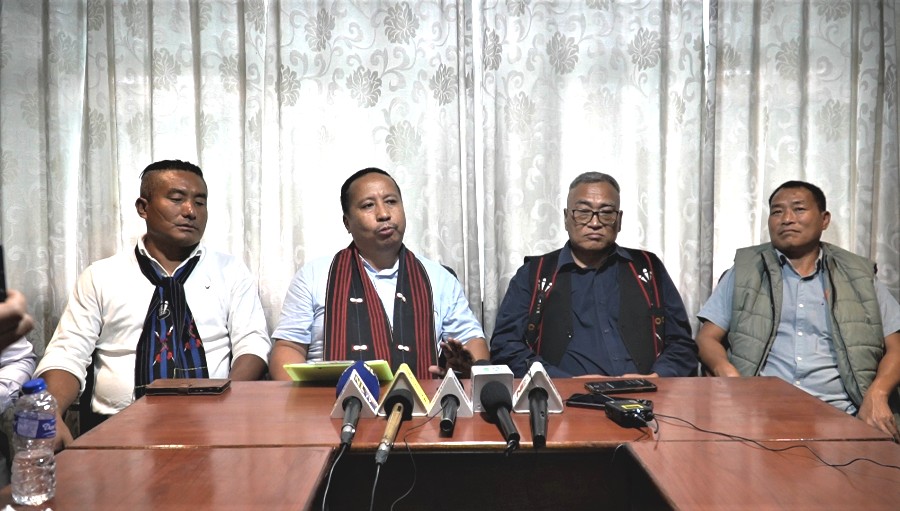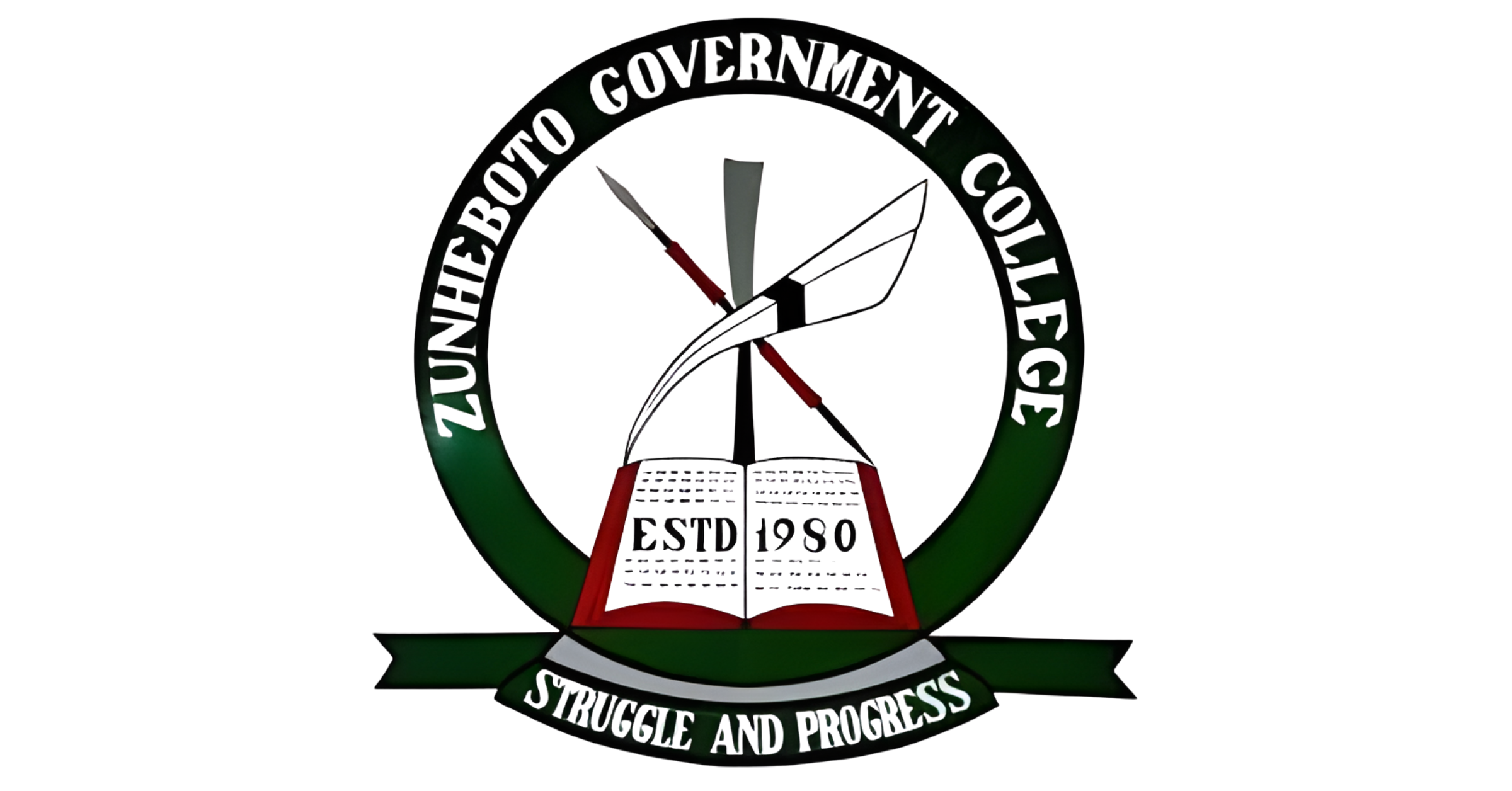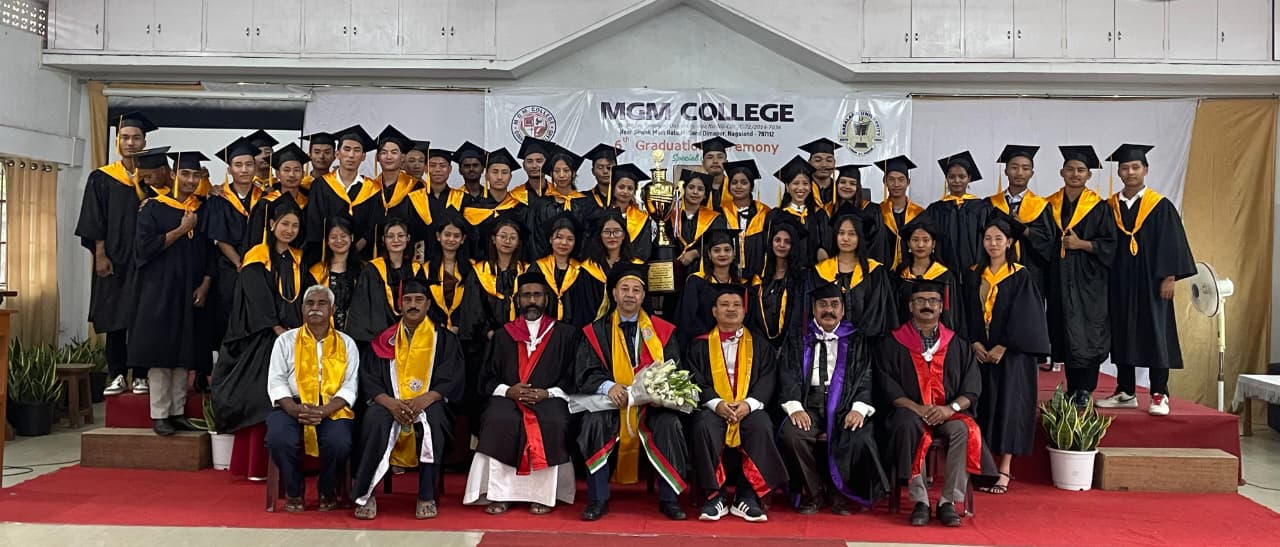Nagaland government has strongly opposed the Centre’s proposal to create a new constitutional provision for the Frontier Nagaland Territory, expressing serious concerns that such a move would split the state. The state cabinet raised alarm bells about the potential implementation of Article 371(K) during crucial deliberations on Wednesday.
State fears territory loss under new framework
Power Minister KG Kenye described the FNT situation as extremely sensitive during his press briefing after the cabinet meeting. The minister revealed that initial discussions suggested the territory would operate under the existing Article 371(A) without dividing the state. Recent developments, however, point to the Centre potentially introducing a completely new constitutional article.
“In one corner of our deliberation today, more or less, it started implying that there will be a new article,” Kenye explained. He highlighted that this suggestion came from central officials and needs immediate clarification from Delhi. The cabinet discovered that creating Article 371(K) would entirely remove the eastern region from state control.
Also Read: Nagaland cabinet to decide on reservation policy as CoRRP suspends protests
Kenye stressed the massive difference between operating under Article 371(A) versus a separate constitutional provision. “Suppose it becomes Article 371(K), for example, that would mean something out of Article 371(A) and the state would have nothing to do with it anymore,” he warned. Neither the Eastern Nagaland People’s Organisation nor Eastern Nagaland Legislative Union requested separation from Article 371(A) protection.
Thirteen Years of Exclusion from Talks
The state government remained completely unaware of FNT negotiations for more than a decade. Bilateral discussions between the Centre and ENPO started in 2010, with the Ministry of Home Affairs directly engaging Mon and Tuensang stakeholders whilst excluding Nagaland authorities.
“Just last year, Nagaland joined the tripartite talk. Before that, we were all as curious as you were,” Kenye admitted. The minister explained that including the state as a third party helped address widespread doubts about central government plans. Previously, the entire process stayed secret with only select individuals accessing information.
Kenye acknowledged the challenge of changing direction after thirteen years of bilateral progress. Both the Ministry of Home Affairs and ENPO leadership went through demanding exercises, having to reshape their approaches across multiple areas. “It’s not easy. It’s time-taking. It is very tricky,” he observed about the complex negotiations.
Cabinet seeks Delhi clarification on key issues
The state cabinet reviewed crucial documents for the first time during Wednesday’s meeting, discovering several important points that need urgent discussion. Cabinet members examined voting rights, ex-officio positions, and membership structures within the proposed regional council framework.
Beyond administrative matters, the cabinet discussed implications for judiciary, finance, and other areas. However, Kenye called these issues “minor” compared to the core constitutional question. The minister expressed strong opposition to parliamentary review of Article 371(A), stating: “We would not like Article 371(A) to go to the Parliament floor again.”
Also Read: Lottery replaces merit as PPU names principals for 10 colleges
The cabinet decided to potentially send all ministers to Delhi for direct clarification with central authorities. “We have decided that, if possible, the entire cabinet must go to Delhi once. There are certain points we want to clarify,” Kenye announced. He emphasised that ensuring state intentions match actual developments remains vital to prevent disastrous outcomes.
Despite constitutional concerns, Kenye confirmed substantial progress towards final agreement. The government supports administrative, financial, and judicial autonomy for the eastern region whilst firmly opposing separate political identity creation. “As the state government, being the third party in the talks, we had to tread cautiously,” he concluded, noting that territorial integrity affects the entire state regardless of geographical direction.




